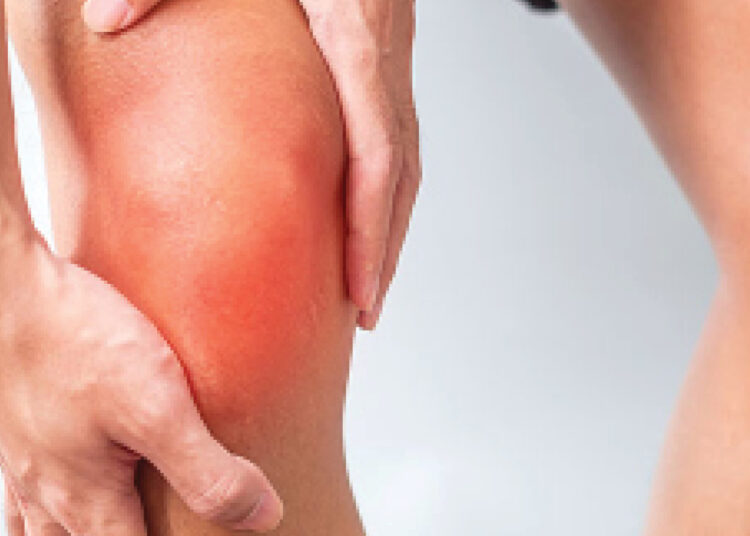Whether you’re a weekend tennis player, a regular at the gym, or someone whose job involves repetitive movements, you may have experienced a persistent, sharp pain near a joint. This nagging discomfort could be tendinitis – a common but often misunderstood condition that can significantly impact mobility, productivity, and overall quality of life.
That discomfort might be tendinitis, a common yet often misunderstood condition that can affect mobility, productivity, and overall quality of life. Tendinitis occurs when the tendons, the sturdy cords that anchor muscle to bone, become inflamed or irritated. While it’s often associated with athletes, tendinitis can impact anyone, especially as we age or push our bodies beyond their limit. In this feature, we’ll explore what causes tendinitis, how it shows up in the body, and practical ways to manage and prevent it—so you can stay active without the ache.
What Is Tendinitis
Tendinitis occurs when a tendon becomes irritated or inflamed, usually due to repetitive movement or overuse. It’s most common in the shoulders, elbows, wrists, knees, and heels. In many cases, tendinitis begins as mild discomfort but can progress into more severe pain and limited movement if not addressed early.
Common Causes
Repetitive activities: Sports like tennis, golf, and running often trigger tendinitis.
Aging: As we grow older, tendons lose elasticity and become more prone to injury.
Poor posture or technique: Improper movements during physical activity or work can strain tendons.
Health conditions: Diabetes and rheumatoid arthritis increase the risk of tendinitis.
Symptoms To Look Out For
Dull or sharp pain near a joint
Swelling or warmth in the area
Stiffness, especially after rest
Difficulty moving the joint comfortably
Treatment Options
Rest And Ice: Allow the tendon to heal by minimizing movement and applying ice to reduce inflammation.
Over-the-Counter Medication: Nonsteroidal anti-inflammatory drugs (NSAIDs) can help relieve pain.
Physical Therapy: Strengthening and stretching exercises support recovery and prevent recurrence.
Advanced Care: In persistent cases, corticosteroid injections or surgery may be recommended.
Preventing Tendinitis
Warm up before exercise
Use correct posture during activities
Vary your movement and avoid overuse
Take breaks when performing repetitive tasks











